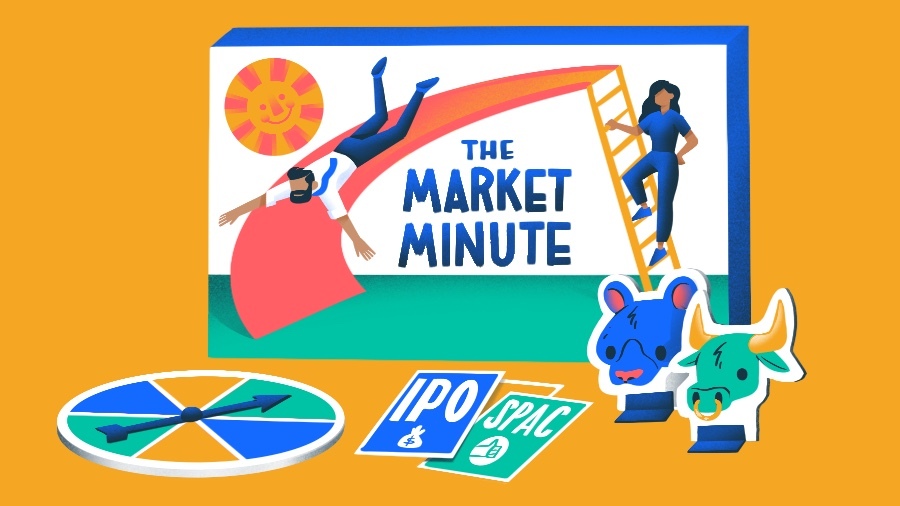The U.S. stock market has officially dipped into bear market territory, largely driven by big declines for tech stocks this year. That dip has caused ripple effects in the private markets too. One area that’s particularly noticeable: Secondary markets platforms, where shares of startups trade.
A “huge influx of sellers” have signed up for the secondary markets platform Forge Global this year, according to company COO Jose Cobos.
Search less. Close more.
Grow your revenue with all-in-one prospecting solutions powered by the leader in private-company data.
In fact, Forge has never had as many sellers on the platform as it does now. The disconnect in supply and demand has resulted in a 9% decline in prices of private companies trading on the platform between the fourth quarter of 2021 and the first quarter of 2022, according to Forge Global’s May 2022 Private Market Update.
Clearly, we’re looking at a buyer’s market for private company shares.
Perfect setup for buyers
When the IPO market is at a standstill, as it largely has been this year, action kicks up in the private markets. Many private company shareholders still want liquidity, and with no IPO in sight, platforms such as Forge, EquityZen and Nasdaq Private Market are especially helpful for startup employees or investors who want to cash out sooner rather than later.
That said, sellers are rushing in to unload shares, and some companies aren’t selling for the premiums they were even a few months ago.
If you’re looking to buy equity in a private company, now may be the time. “The biggest thing we’ve seen over the first half of the year is the market has really changed from being a seller’s market to a buyer’s market,” Cobos said.
In April, Forge Global saw a “steep increase in the percentage of buyers seeking private shares at a discount,” according to the company’s most recent report.
Companies on the platform are still trading at a premium relative to their last funding round. That means there’s still some demand for those shares, said Cobos. But over the first quarter of 2022, the premium has declined from around 58% compared to the last round to around 24%, according to Forge’s May report.
“Whether you’re looking at the public markets or the private markets, this is a buying opportunity,” Cobos said. “We’ve seen prices come down significantly. As long as you have the appetite and obviously the longer-term investment mindset, this is a great time (to buy).”
Decline in valuations matters
The fall in prices for private company shares has been spurred by the decline in public company valuations. After riding a record boom during the pandemic, shares of public tech stocks in particular have been hammered this year as worries about inflation, rising interest rates and Russia’s invasion of Ukraine prompt a broad market selloff.
Private companies have reacted on their own to adjust to the reality of public valuations. Perhaps most notably, Instacart lowered its own valuation from around $39 billion to $24 billion.
More companies also are looking to give their employees liquidity options. With startups staying private longer, private companies “recognize that it’s not fair for an employee to work 13 years before they’re able to sell some of their position,” Cobos said.
“If you’re not giving your employees the opportunity to sell and your competitors are, I think it’s going to cause issues around attracting talent and retaining talent,” he said.
Related reading:
- What’s Behind The Sad State Of Q1 IPOs
- After Record Venture Boom, It’s Suddenly A ‘Mad Rush To Grab Capital’
- Halfway Through 2022, And The Outlook For SPACs And IPOs Isn’t Good
Illustration: Dom Guzman

Stay up to date with recent funding rounds, acquisitions, and more with the Crunchbase Daily.







![Illustration of a guy watering plants with a blocked hose - Global [Dom Guzman]](https://news.crunchbase.com/wp-content/uploads/quarterly-global-3-300x168.jpg)
67.1K Followers